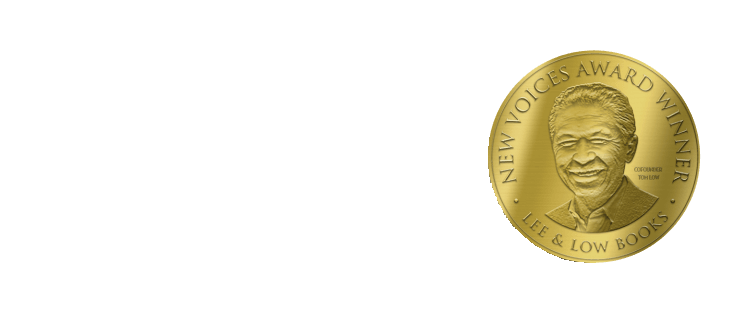On October 11, 2014, I attended a colloquium called Mind the Gaps, hosted by The Horn Book at Simmons College in Boston. There was an all-star line up consisting of Peter Brown (Mr. Tiger Goes Wild), Gene Luen Yang (Boxers and Saints), Andrew Smith (Grasshopper Jungle), and Steve Sheinkin (The Port Chicago 50), to name a few. Roger Sutton, Editor in Chief of The Horn Book, played a big part in pulling all these folks together for a day.
One of the highlights was the keynote by author/librarian Vaunda Micheaux Nelson (No Crystal Stair). Here’s a snippet from her speech:
“We are here at Simmons trying to solve this problem while one of the biggest stories in the news is that Apple released a new iPhone. Yet ALA struggles to get a one-minute spot on one network to announce the nation’s most prestigious children’s book awards. Is this our world now? To quote one of my favorite library patrons, ‘Have we dumbed down society so much that what is truly significant is not considered important?’ This conversation is significant. So how do we make it important?”
I participated in was called Publishing for the Gaps. The other panelists were Arthur Levine, publisher of Arthur A. Levine Books at Scholastic but more famously known for bringing Harry Potter to the United States, and Ginee Seo, children’s book director of Chronicle Books. The moderator was Roger Sutton. We covered a lot of ground, from the acquisition process to responding to Roger’s charge that publishers often put out “derivative crap” (Roger’s words, not mine) when it comes to blatantly duplicating what works. This statement was met with Arthur’s vehement defense that he sorely doubted that publishing executives would order their editors to make “more derivative crap!”
While I have been on many panels over the years, what was nice about this one was that the audience of 150 was predominately white. Non-diverse audiences like this usually benefit from hearing about the diversity problem, since some may be hearing about it for the first time. Publishing for the Gaps for me is about publishing the stories about people who are left out, which are most often people of color. I discussed LEE & LOW’s efforts to offer clarity and perspective, to help define the scope of why diversity is met with obstacles across most media channels, and how this remains a society-wide problem.

(L-R) Arthur Levine, Jason Low. Photo credit: Shara Hardeson
From the editorial side, the lack of representation can be greatly improved by decision makers who feel a personal stake in publishing diverse books. Ginee, as one of the few Asian American women at an executive level, can and does make a difference. Arthur Levine remarked that it was a part of who he is (as an openly gay and Jewish man) to publish inclusively.
The panel was recorded and is an hour. Note: Since the video is stored on Simmons College’s Google drive you’ll have to log in to view it. I also apologize in advance for the sound quality.
When the colloquium was over, I asked one of the moderators, Nina Lindsay, how she thought the day went. She said, “I was pleased with the colloquium, but feel like we just got the conversation started, then everyone went home. I’m hoping the momentum continues to build on this, and that we don’t all suddenly assume we’re enlightened and part ways.”
Recap of Publishers Weekly Diversity Panel, October 16, 2014









